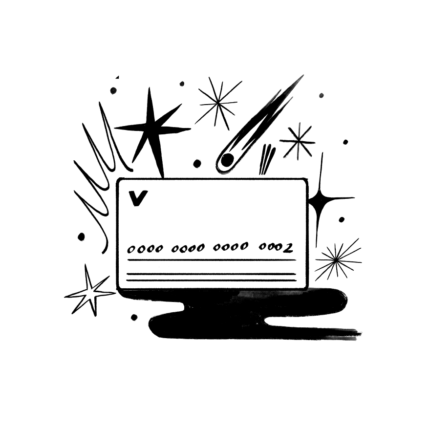
How can I become better prepared for a financial emergency?
A financially sound future is possible, but the proof is in the pudding: you’ve got to be prepared. Here’s how to make that happen.
A recent study released by PwC revealed that only one-third of employees are prepared for a financial emergency. What does this mean? Well, there’s still a lot of work to be done in terms of educating and encouraging folks to put money away for a rainy day.
The future of finance (with coronavirus in mind)
Upon its onset in March 2020, the coronavirus first frightened the nation, then took it by storm, quickly dividing the prepared from the not-so-prepared. The pandemic’s effects quickly left 16.1% of the workforce suddenly unemployed or furloughed with no end-date in sight.
To put that statistic into perspective, here’s a bit of a deeper dive into how we’ve seen those affected in the immediate aftermath of the pandemic’s outbreak:
- 38% of full-time employed Millennials, Generation X, and Baby Boomers currently have less than $1,000 saved to deal with unexpected expenses.
- Generation Z are the worst savers with 62% having less than $1,000 put away for emergencies.
- 58% of employees say that financial worries are a leading cause of daily stress.
- More than half of employees have said they may need to turn to their retirement funds to survive.
- 71% of Millennials have less than $100,000 saved for retirement, followed by Baby Boomers at 59%.
- Employees are most often willing to seek financial guidance in the midst of a crisis or when they are about to make an important financial decision.
Consider these financial wellness opportunities
While there are many individual reasons people suffer from financial woes, ultimately, it’s your job to provide for yourself. Make the time, do the research. Look at this as an opportunity to create a path towards long term financial wellness! Here are some great ways to get started.
Become a smarter healthcare consumer
According to Mercer, healthcare costs are on the rise again for 2020 by as much as 3.9% compared to 2019. If you’re a member of a smaller sized workforce, it’s likely that you’ve felt this increase the most. Why? Because it leaves you to take on the burden of high out-of-pocket costs.
One way to combat this reality is by setting yourself up with a health savings account (HSA), which gives you more spending power and can help you become a more informed consumer of healthcare.
When combined with high deductible health care plans, which drive monthly premiums down, an HSA is a great way to put extra funds away for wellness needs. Not to mention the fact that your employers can also contribute to your HSA. A very welcome perk!
Find ways to reduce debt
Credit Summit estimated that Americans have $860 billion in credit card debt (2022) and this is expected to grow by 6%. The pandemic has encouraged individuals to use their available credit while waiting on other sources of income (like unemployment benefits) or being able to return to work. This was the case if they did not have enough in savings in the first place.
The problem with debt is that it takes a lot longer to pay off. People often look at their credit limits thinking it’s money they have to utilize, when in fact this just digs them deeper in the hole. Even with a modest interest rate, it can take years to pay off credit card debt paying the minimum monthly repayment. Consider consolidating your credit card payments with one lower interest loan.
If you’re dealing with increased debt, you need education and resources to take care of it. Work with a financial advisor to find ways to reduce debt and increase your emergency funds.
Start a side-gig for more income
One thing that has become increasingly popular during the pandemic has been the movement towards greater financial independence. This often involves tapping into one’s talents to create a side gig or freelance business. The JobVite Job Seeker Nation report from April indicated that nearly half (46%) of workers plan to pursue a side job (up from 36% in February). This can be a great way to bring in some more income to cover expenses in economic downtimes.
What are some easy and fast ways to make extra cash? Consider the types of talents you have and find a way to monetize them. Great at helping people work through problems? You could work part-time as a coach. Love to write? There are many freelance opportunities to write for others. The best part of having a side gig — if you ever lose your day job, you can use this as a backup plan.
Protect your financial future at all costs
While it’s easy to be overly concerned with what’s happening now with your finances, it’s important to keep your focus on the long term. In just a few years, you will be looking at retirement and may not be able to work as much as you do now. Take advantage of any financial wellness programs your workplace may offer. Make sacrifices now to have more later.
Define the goals you have for later in life and how you will get there. One way is by starting a retirement savings plan as soon as possible. And check with your employer to see how much they contribute — it’s like getting free money!
It’s understandable that many individuals do not understand how much to invest in retirement planning. Ask to speak with a representative of your benefits and retirement plan to get your questions answered. We’re living in uncertain times, but even so, everyone should be reviewing their retirement savings. Create a plan that will result in a better financial future.


